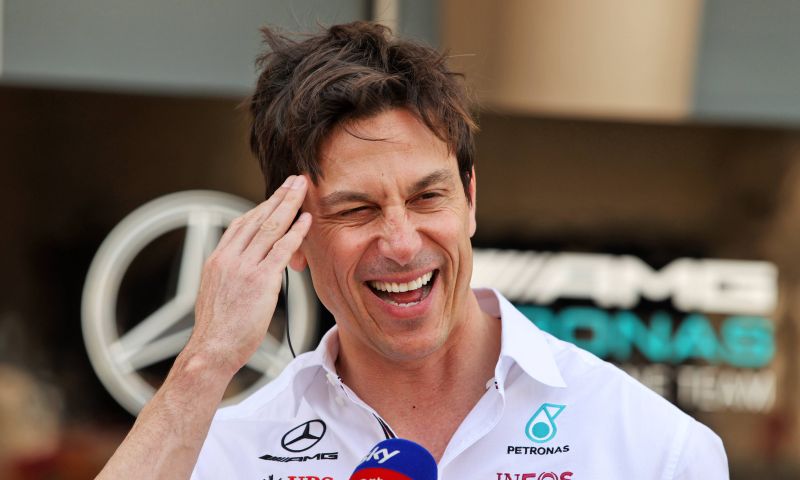Porpoising had more consequences for Mercedes: 'It was breaking the engine'
F1 News

- GPblog.com
According to Mercedes team boss Toto Wolff, porpoising not only cost his team months of development time but also wrecked the engine. Despite this, the team slowly managed to improve performance without compromising on reliability.
Mercedes suffered their worst season since the team's dominance began with the introduction of the turbo-hybrid era in 2014. For a long time, the team was in no-man's land: the performances shown by Red Bull Racing and Ferrari were too high, but Lewis Hamilton and George Russell mostly ran away from midfield.
Damaged Mercedes engines
The biggest problem for the German racing stable was porpoising. Not only did it hamper drivers and performance, but it also caused damage to the engines. In a joint interview with Hywel Thomas, director of Mercedes' engine department, Wolff praised his colleague for the way he dealt with the problems.
"Whilst in a frozen environment, you and your team were able to really add on performance, cope with the difficult environment of a bouncing car that was breaking your engine and still we were super reliable. And the engine was performing very well towards the middle of the season and the end," Wolff said in a video on the Mercedes' YouTube channel.
Thomas added that the power unit was indeed suffering badly at the bottom end. "It was quite a surprise to see exactly how hard they were being hit by the ground. You know when you see Lewis and George looking a bit uncomfortable getting out of the cars, the PUs were doing pretty much the same."

